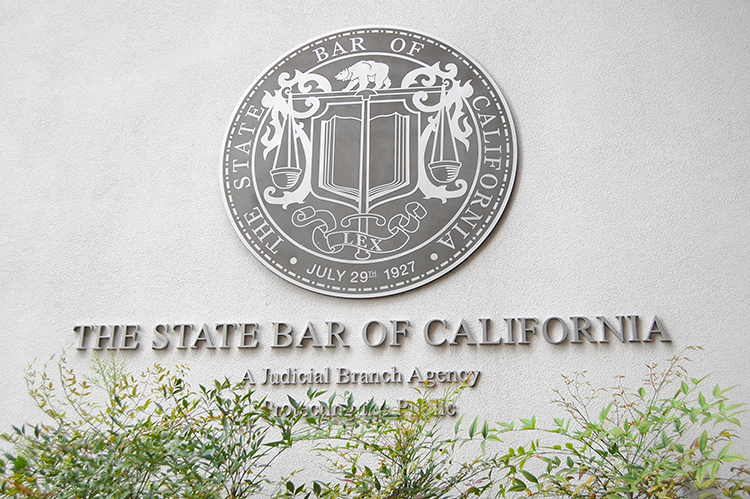Are lawyers from top schools a lot happier about their career choice? Statistically the answer is no
Lawyers who graduated from elite law schools are only slightly happier about their career choice than their counterparts from lesser-ranked schools, according to a study of law grads who began their careers in 2000.
Legal education critics have advanced the idea that students attend non-elite law schools because of optimism bias—they think they will get high-paying jobs to pay off their education loans, according to a summary of the findings at SSRN. When their optimism proves unjustified, the theory goes, they feel buyers’ remorse.
But the theory is wrong, according to data from the American Bar Foundation’s After the JD study, which follows more than 4,500 law grads who began their careers in 2000. Grads of lesser-ranked schools surveyed in 2007, before the economic downturn, were only slightly less likely to feel they made a mistake.
The grads were asked whether a law degree was a good investment and whether, if they had it to do over again, they would still choose to go to law school. They were asked to give an answer on a one-to-seven scale, with one indicating the strongest disagreement and seven the strongest agreement. The researchers combined the answers to both questions, so that 14 was the highest satisfaction score.
The average satisfaction was indeed highest—at 11.08—for grads at top 10 schools. But the scores weren’t that much lower for grads of lower-ranked schools. The average was 10.11 for grads of schools ranked 11 to 20 and 10.64 for grads of third-tier law schools.
Another question was “how satisfied are you with your decision to become a lawyer?” According to the 2007 data, those who were least enthusiastic had the highest level or remaining debt—more than $100,000. “But the overall trend is that more than three-quarters of respondents, irrespective of debt, express extreme or moderate satisfaction with the decision to become a lawyer,” the study says.
The paper is titled “Buyers’ Remorse? An Empirical Assessment of the Desirability of a Legal Career.” The authors are law professors Bryant Garth of the University of California and Joyce Sterling of the University of Denver, and sociology professor Ronit Dinovitzer of the University of Toronto. The study also surveyed lawyers tracked in 2012, but the data has not yet been processed.
Another surprising finding: Law grads beyond the most elite schools were able to pay down their debt, relative to income, at the same rate or better than most elite law graduates.
The study did find that graduates of higher ranking law schools were more likely to have no debt seven years after law school, and, if they did have remaining debt, the amount outstanding was less than those who graduated from lower-ranked schools.
But an analysis of debt compared to income found grads of lower-ranked schools were outperforming their elite counterparts. Graduates of top 10 private law schools reduced their debt-income ratio by 23 percent, while grads of tier three and four schools reduced the ratio by 35 and 32 percent respectively.
“We do not know exactly why graduates of relatively lower-ranked law schools are more aggressively paying off their debt,” the authors say, “but this phenomenon is consistent with the intuitive notion that elite graduates—who tend to come from relative privilege—are focused less on money issues and therefore more likely to take for granted that they will be able to handle the debt whenever they choose to.”
Lawyers who didn’t get an initial job in BigLaw managed to grow their salaries by 2007 at a higher percentage increase than their large firm counterparts, the study also found. “The median for solo practitioners went up 60 percent from $50,000 to $80,000; for small firm lawyers from $55,000 to $90,000; and for state government lawyers from $44,500 to $65,000,” the study says. “Overall the change in the median was up 40 percent, well exceeding inflation. The median for large corporate lawyers went up from $135,000 to $180,000, very high in absolute numbers, but at 33 percent it is a lower percentage increase.”
In a section of the paper titled “After the JD and Today’s Purported Crisis,” the authors acknowledge that the data was collected at a time when law school tuition and educational debt were lower, and the job prospects more rosy. But they argue that satisfaction with becoming a lawyer is not contingent on getting a BigLaw job, and such jobs are not necessary to pay down debt.
“The data from the AJD project show at the very least that the conventional story of crisis is vastly oversimplified,” the study concludes.
Hat tip to the Legal Profession Blog.



